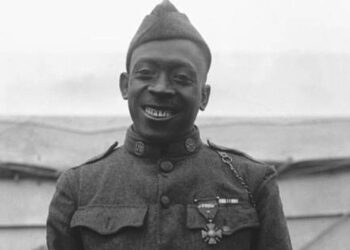Psychologists find that many of the techniques often suggested by science share an intersection with religion and its accompanying practices.
David DeSteno, author of “How God Works: The Science Behind The Benefits Of Religion,” runs a psychology lab that focuses on finding ways to improve the human condition. His work involves using science and its principles to find solutions that will assist people in solving their life’s concerns.
However, in the two decades, since he began this work, he has found that many of the science-based techniques that professionals use emulate practices various religions have used for millennia.
“Science and religion have often been at odds. But if we remove the theology—views about the nature of God, the creation of the universe, and the like—from the day-to-day practice of religious faith, the animosity in the debate evaporates. What we’re left with is a series of rituals, customs, and sentiments that are themselves the results of experiments of sorts.,” he explained.
His position has a basis, in fact. The Stanford Encyclopedia of Philosophy has asserted that science and religion are closely interconnected. In the 19th and early 20th century, authors scientific disciplines, such as anthropology, sociology and psychology, researched the natural roots of religious beliefs DeSteno noted that the intersection between religion and science is observed in his studies through a gratitude experiment. Gratitude is a tenet of many religions. During the experiment, 53 percent of the participants lied about the result of a coin toss. However, when researchers asked them to reflect on their blessings before the coin toss, the number of participants who lied was much lower (27 percent). In other words, participants behaved more virtuously.
DeSteno suggests that rather than separating science and religion, professionals glean what they can from religious practices and develop new techniques and therapies informed by the various religious practices. By working in spite of perceived boundaries, he believes, we can make life better.









